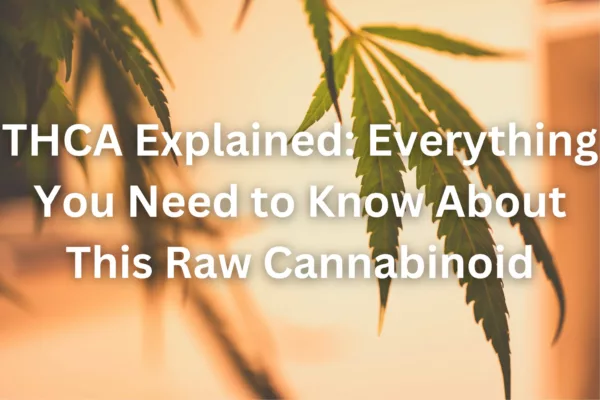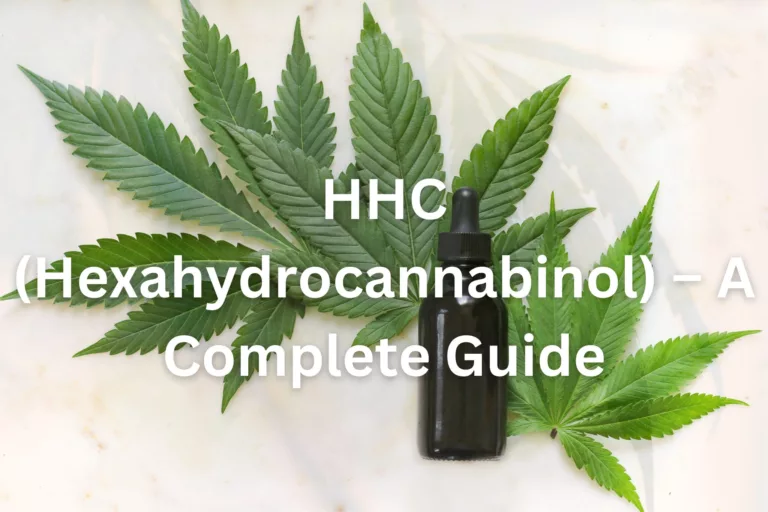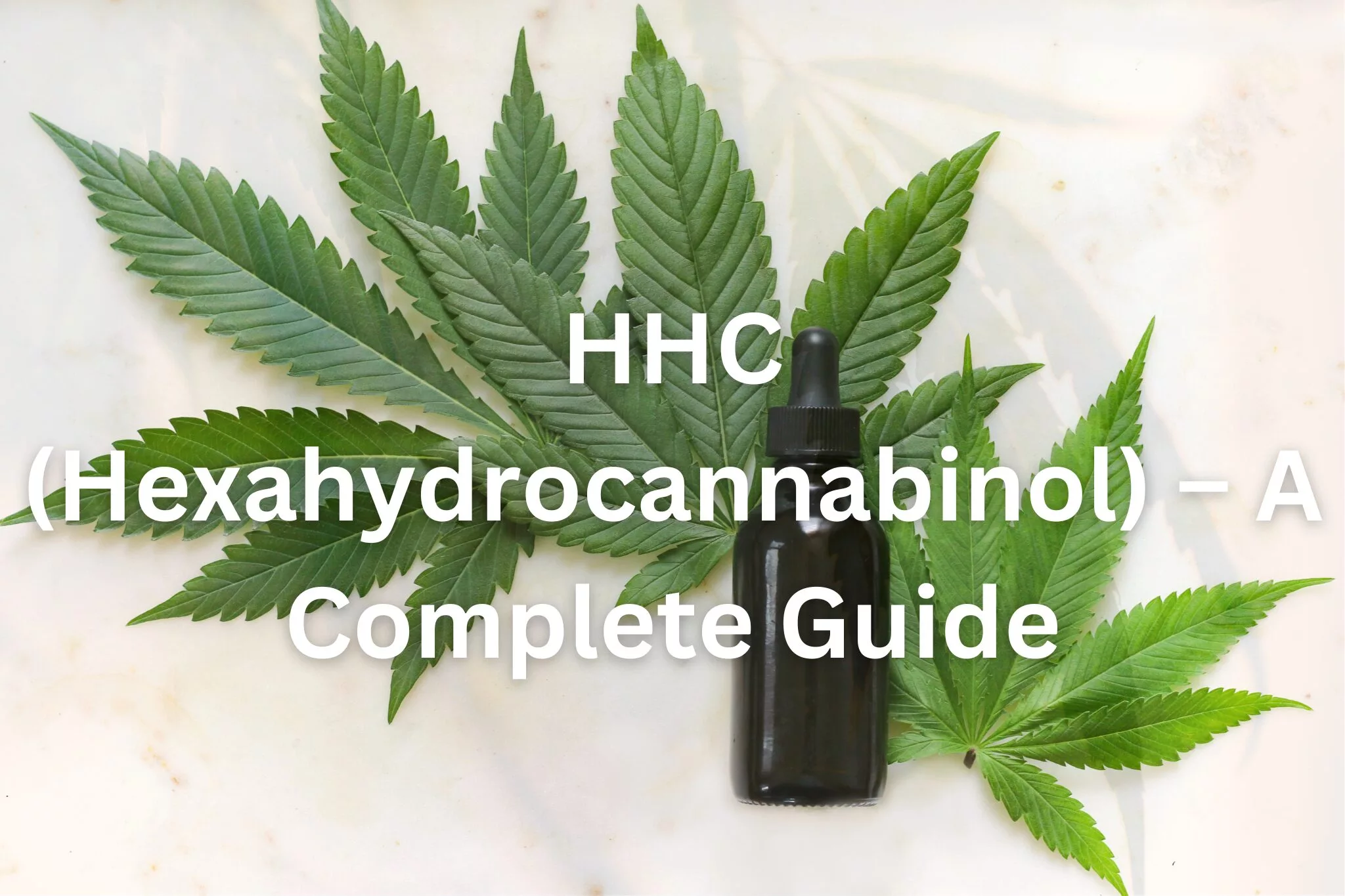
HHC (Hexahydrocannabinol) – A Complete Guide
Introduction to HHC (Hexahydrocannabinol)
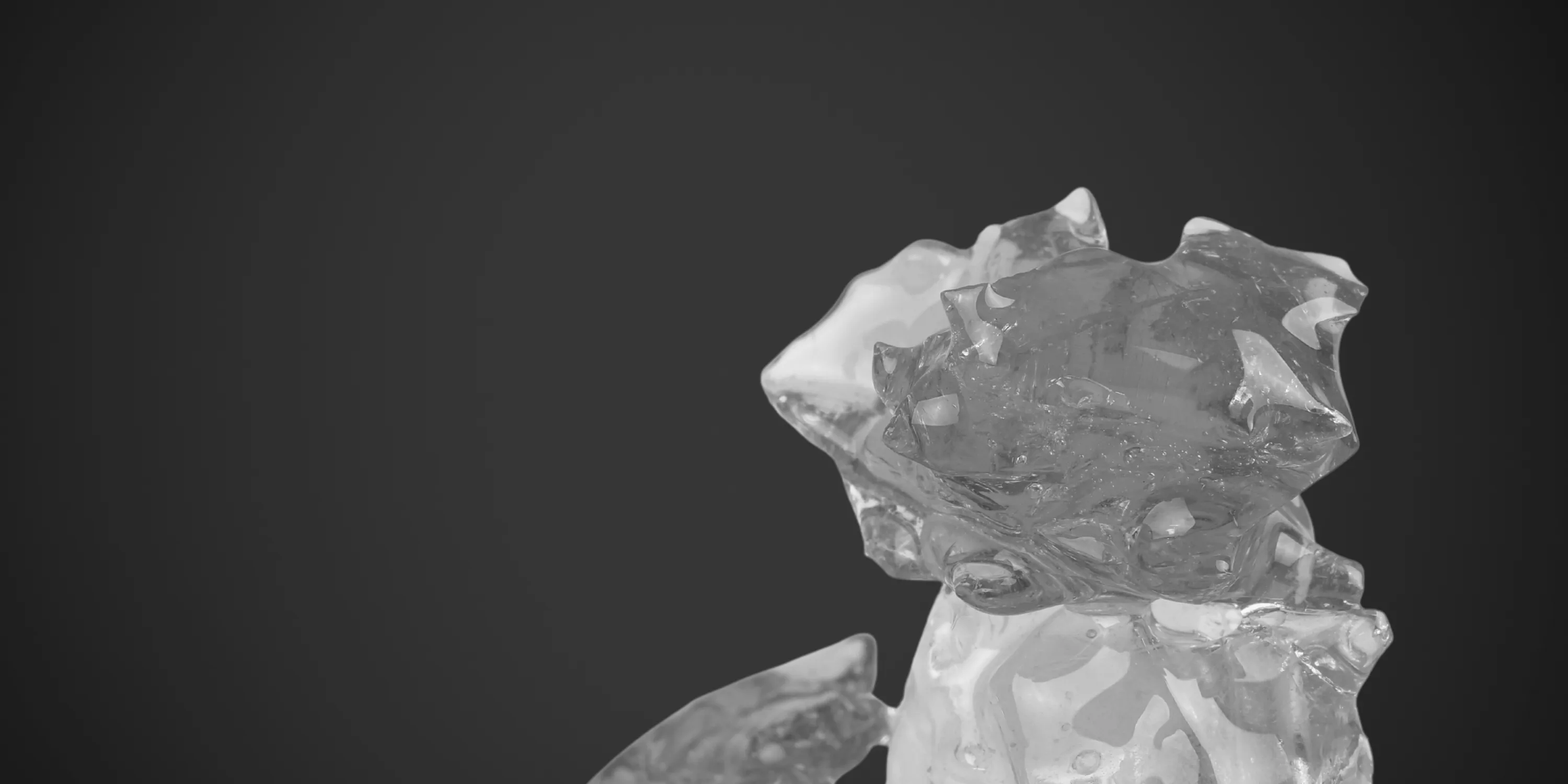
HHC, short for Hexahydrocannabinol, is one of the newest and most intriguing cannabinoids gaining popularity in the hemp-derived wellness space. Known for its stability, long shelf life, and unique psychoactive properties, HHC stands out as a hydrogenated form of THC that offers a slightly different experience from its better-known cannabinoid cousins like Delta 8, Delta 9, and CBD.
Here at Cannaclear, we specialize in providing access to premium, compliant cannabinoids—and HHC is no exception. In this guide, we’ll explore what HHC is, how it works, how it’s made, and why it’s become a go-to option for many hemp enthusiasts looking for something both familiar and new.
What Is HHC? A Brief Overview
HHC is a hydrogenated derivative of tetrahydrocannabinol (THC). That means it’s created by chemically adding hydrogen atoms to the THC molecule. This minor adjustment significantly alters the molecule’s characteristics, making HHC more stable and resistant to degradation than THC.
Though discovered in the 1940s by American chemist Roger Adams, HHC stayed out of the spotlight until recently. With the expansion of legal hemp-derived cannabinoids under the 2018 Farm Bill, HHC has reemerged as a viable alternative to Delta 9, offering a legal, psychoactive experience in many U.S. states.
How Is HHC Made?
Naturally, HHC exists in only trace amounts in the cannabis plant. So, to produce it at scale, manufacturers use a process called hydrogenation. This process involves taking hemp-derived Delta 8 or Delta 9 THC and adding hydrogen atoms in the presence of a metal catalyst, typically palladium or platinum.
The result is a semi-synthetic cannabinoid—one that mimics the effects of THC but is chemically more stable. Because HHC doesn’t oxidize like THC, it retains its potency over a longer period and is less susceptible to degradation due to light and heat exposure.
HHC vs. THC: What’s the Difference?
Although HHC and THC are chemically similar, there are key distinctions between the two.
– **Chemical Structure:** HHC is the hydrogenated version of THC, meaning its double bonds are replaced with single bonds, and hydrogen is added to its structure.
– **Potency:** HHC is often reported to be 70–80% as potent as Delta 9 THC. Some users say it feels a bit milder and more “clear-headed.”
– **Shelf Stability:** One of HHC’s most praised traits is its resistance to heat, UV exposure, and oxidation, making it more durable over time.
– **Legal Loopholes:** Because HHC is derived from hemp and isn’t technically Delta 9 THC, it can be legally sold in many areas where traditional THC is banned.
Is HHC Natural or Synthetic?
This question gets asked a lot—and the answer depends on your definition of “natural.” HHC does occur in nature, but in such small amounts that it’s not practical to extract. So commercial HHC is made through hydrogenation, a process that modifies THC into HHC using hydrogen and metal catalysts.
This makes HHC a **semi-synthetic cannabinoid**. It’s not entirely synthetic like K2 or Spice, but it’s not fully natural like raw CBD or CBG either. Importantly, reputable producers ensure that HHC is made in clean lab environments and is thoroughly tested for purity and contaminants.
How Does HHC Work in the Body?
HHC interacts with the body’s endocannabinoid system (ECS), which plays a key role in regulating processes like mood, appetite, sleep, and memory. Specifically, HHC is believed to bind primarily to the CB1 receptors in the brain and central nervous system, similar to Delta 9 THC.
This interaction likely explains why users report a noticeable psychoactive effect. While more research is needed to fully understand HHC’s binding affinity and effects, anecdotal evidence suggests it produces a high that is somewhere between Delta 8 and Delta 9 THC in strength. It may feel less mentally foggy than Delta 9 and more energizing than Delta 8.
User-Reported Effects of HHC
Because scientific studies on HHC are limited, most of what we know comes from first-hand user experiences. Effects can vary based on dose, delivery method, and personal tolerance, but common reports include:
– A mild to moderate cerebral buzz
– Euphoria and uplifted mood
– Increased sociability
– Altered time perception
– Physical relaxation
– Enhanced sensory perception
– Mild stimulation or energy
Unlike Delta 9, HHC may result in fewer reports of anxiety or paranoia. Many people describe it as a more balanced or “even-keeled” high that allows for functionality and focus.
Some users also note that HHC may provide:
– Less cognitive distortion than Delta 9, making it easier to stay focused or productive
– A gentle body buzz that complements the cerebral effects
– Enhanced creativity or introspection, particularly at moderate doses
– A sense of emotional balance without feeling overwhelmed
Of course, effects can differ greatly depending on an individual’s biology, mindset, setting, and dose. Beginners are strongly advised to keep their first HHC session relaxed and low-key so they can gauge its impact before incorporating it into their routine.
Types of HHC Products
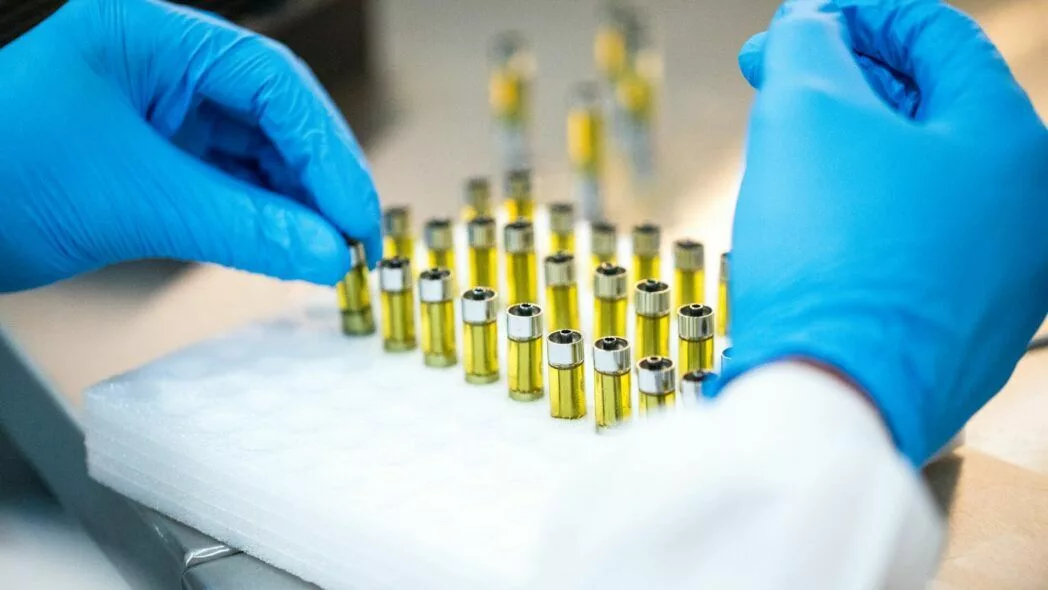
Cannaclear offers a range of HHC products to fit different preferences and use cases. Common product types include:
– **HHC Vape Cartridges:** Fast-acting and easy to use, available in various strain profiles.
– **HHC Gummies:** Edible options for a longer-lasting, body-heavy experience.
– **HHC Tinctures:** Ideal for precise dosing and sublingual absorption.
– **HHC Disposables:** All-in-one vape solutions for convenience.
– **HHC Dabs/Concentrates:** Highly potent and recommended for experienced users.
Each method affects onset time and duration. For example, vapes tend to hit quickly and wear off faster, while edibles take longer to kick in but may last for hours.
Is HHC Legal?
Under the 2018 Farm Bill, hemp-derived cannabinoids are federally legal as long as they contain less than 0.3% Delta 9 THC by dry weight. Since HHC is derived from hemp and is not Delta 9 THC, many interpret this to mean that HHC is federally legal.
However, HHC exists in a gray area. While not explicitly banned at the federal level, some states have taken steps to regulate or prohibit it. As of now, HHC is banned in:
– Colorado
– Vermont
– New York
– Arkansas
Laws change frequently, so it’s important to check your local regulations before purchasing or consuming HHC products. Cannaclear does not ship to states where HHC is restricted.
There’s also the issue of analog laws. Some states may view HHC as a controlled substance analog under local law, even if it isn’t specifically named. These analog laws allow prosecutors to treat unlisted substances like HHC as illegal if they are “substantially similar” to banned cannabinoids like Delta 9 THC.
Internationally, HHC’s legality varies even more. In Canada, for example, it’s not authorized under the Cannabis Act. In the UK and parts of Europe, HHC has faced scrutiny and bans due to lack of regulation and safety data. Always research your local laws and only buy from vendors who respect shipping restrictions and compliance.
How HHC Compares to Delta 8, Delta 9, and THCP
If you’re already familiar with other hemp cannabinoids, here’s how HHC stacks up:
| Cannabinoid | Psychoactive | Reported Potency | Legal Status (2024) |
|————-|—————|——————|—————————|
| HHC | Yes | ~80% of Delta 9 | Federally legal (gray area) |
| Delta 8 | Yes | ~60% of Delta 9 | Federally legal |
| Delta 9 | Yes | 100% | Federally illegal (in marijuana form) |
| THCP | Yes | 5–30x Delta 9 | Rare, limited legality |
HHC is often favored by users who find Delta 8 too weak or Delta 9 too strong. THCP, on the other hand, is ultra-potent and not recommended for casual use.
HHC Dosage Guide
Finding the right dosage is essential when using HHC, especially for first-time users. Like other cannabinoids, effects vary widely between individuals due to differences in metabolism, body weight, and tolerance levels.
Here’s a basic breakdown of dosage guidelines for HHC:
– **Beginner Dose:** 5–10 mg (start here if you’re new to HHC or cannabinoids in general)
– **Moderate Dose:** 10–25 mg (for users with some cannabinoid experience)
– **Advanced Dose:** 25–50+ mg (for experienced users with higher tolerances)
For vape products, dosage is measured in puffs, not milligrams, but a similar approach applies. Start with one small puff, wait 10–15 minutes, and gauge how you feel before consuming more.
For edibles and tinctures, always wait 1.5 to 2 hours before taking another dose, as the onset is slower but the effects are often more intense and longer-lasting.
It’s also important to note that the effects of HHC can build over time if taken consistently. Users who take HHC multiple days in a row may notice a cumulative effect or a slight change in tolerance levels. As with any cannabinoid, taking tolerance breaks can help reset your baseline and preserve the effectiveness of lower doses.
Another tip: consider taking HHC with a small meal, especially one containing fat, to support better absorption and a smoother onset. Cannabinoids are fat-soluble, so combining them with dietary fats may lead to more efficient use by the body.
Does HHC Show Up on a Drug Test?
While there’s no definitive scientific consensus yet, anecdotal evidence suggests that **HHC may trigger a positive result** on standard drug screenings, especially those looking for THC metabolites.
The body metabolizes HHC similarly to Delta 9 THC, which means there’s a strong possibility it will produce similar metabolites detectable in:
– Urine tests
– Blood tests
– Hair follicle tests
If you are subject to drug testing for work, legal, or medical reasons, it’s safest to **avoid HHC** and other hemp-derived psychoactive cannabinoids altogether.
Lab Testing and Product Quality
Because HHC is synthesized via hydrogenation and not extracted in large quantities from raw plant material, lab testing is absolutely critical. At Cannaclear, we believe in complete transparency and safety.
Each batch of our HHC products is tested by third-party labs for:
– **Cannabinoid potency**
– **Residual solvents**
– **Heavy metals**
– **Pesticides**
– **Microbial contaminants**
We provide up-to-date COAs (Certificates of Analysis) for every product so our customers can feel confident in what they’re consuming. When shopping for HHC, always choose a vendor who prioritizes purity and compliance.
Why Choose Cannaclear for HHC?
At Cannaclear, we’re committed to offering not just products, but peace of mind. Here’s why our customers choose us for their HHC needs:
– **Premium Sourcing:** We start with high-quality hemp-derived extracts.
– **Clean Manufacturing:** Our hydrogenation process is carried out in cGMP-compliant facilities.
– **Lab Transparency:** Full COAs available for every batch.
– **Product Variety:** HHC vapes, gummies, tinctures, and more—all federally compliant.
– **Customer Service:** Friendly, responsive support from real humans who care.
Whether you’re new to cannabinoids or a seasoned enthusiast, Cannaclear’s HHC lineup delivers reliability, consistency, and satisfaction.
The Future of HHC in the Hemp Industry
As the cannabis and hemp sectors evolve, cannabinoids like HHC are poised to play a growing role in consumer products. We expect to see:
– **Increased regulation:** Expect more states to clarify or restrict HHC sales in the coming years.
– **More research:** Scientific interest in hydrogenated cannabinoids is growing, especially regarding stability and potential benefits.
– **Product innovation:** Look for new formulations like nano-emulsified HHC, dual-cannabinoid blends, and enhanced delivery systems.
HHC offers something rare in today’s cannabinoid market: a stable, potent, and relatively accessible psychoactive option that still operates within the bounds of federal hemp law.
Final Thoughts: Is HHC Right for You?
HHC is an exciting cannabinoid for those looking to explore new experiences within the hemp space. Offering a psychoactive effect that’s smoother than Delta 9 but stronger than Delta 8, HHC strikes a compelling balance between potency and function.
✅ Legal in many states
✅ Long shelf life
✅ Familiar, enjoyable effects
✅ Available in vapes, edibles, and more
If you’re ready to try something different—but still want transparency, quality, and legal compliance—Cannaclear’s HHC products might be the perfect next step in your cannabinoid journey. Just remember: start slow, read the lab reports, and always consume responsibly.
Still unsure? Ask yourself these questions:
– Do you want a legal alternative to Delta 9 that still feels substantial?
– Are you looking for a cannabinoid that blends functionality with relaxation?
– Do you prefer a compound that resists oxidation and stays potent longer?
If you answered yes to any of the above, HHC is worth exploring. As with all Cannaclear products, you can expect full transparency, accurate labeling, and lab-tested ingredients in every batch. We’re here to help you discover the best that hemp has to offer—safely, reliably, and legally.
Frequently Asked Questions
Q: What is HHC?
A: HHC (Hexahydrocannabinol) is a hydrogenated form of THC, offering a psychoactive experience similar to Delta 9 but with a longer shelf life and smoother effects.
Q: Does HHC get you high?
A: Yes, HHC is psychoactive and produces effects similar to Delta 8 or Delta 9 THC. Many users report a clear-headed, uplifting experience.
Q: Is HHC legal?
A: HHC is federally legal under the 2018 Farm Bill if derived from hemp and contains less than 0.3% Delta 9 THC. However, some states have banned it.
Q: How does HHC compare to Delta 8 and Delta 9?
A: HHC is stronger than Delta 8 but slightly milder than Delta 9. It’s also more stable and less prone to degradation from heat or light.
Q: Will HHC show up on a drug test?
A: Likely yes. Although more research is needed, HHC may produce metabolites similar to THC and cause a positive result on standard drug screenings.
Q: How do I take HHC?
A: HHC is available in vape cartridges, edibles like gummies, tinctures, and concentrates. Onset and effects vary by product type.
Q: What’s the best HHC dose to start with?
A: Beginners should start with 5–10mg, or 1–2 small puffs from a vape. Effects may take time to appear, so wait before redosing.
Q: Is HHC natural or synthetic?
A: HHC is considered semi-synthetic. It occurs naturally in trace amounts but is usually produced by hydrogenating hemp-derived THC in a lab.
Q: Is HHC safe?
A: When produced and tested properly, HHC is generally well-tolerated. Always purchase from brands that offer lab-tested products like Cannaclear.
